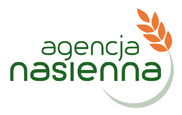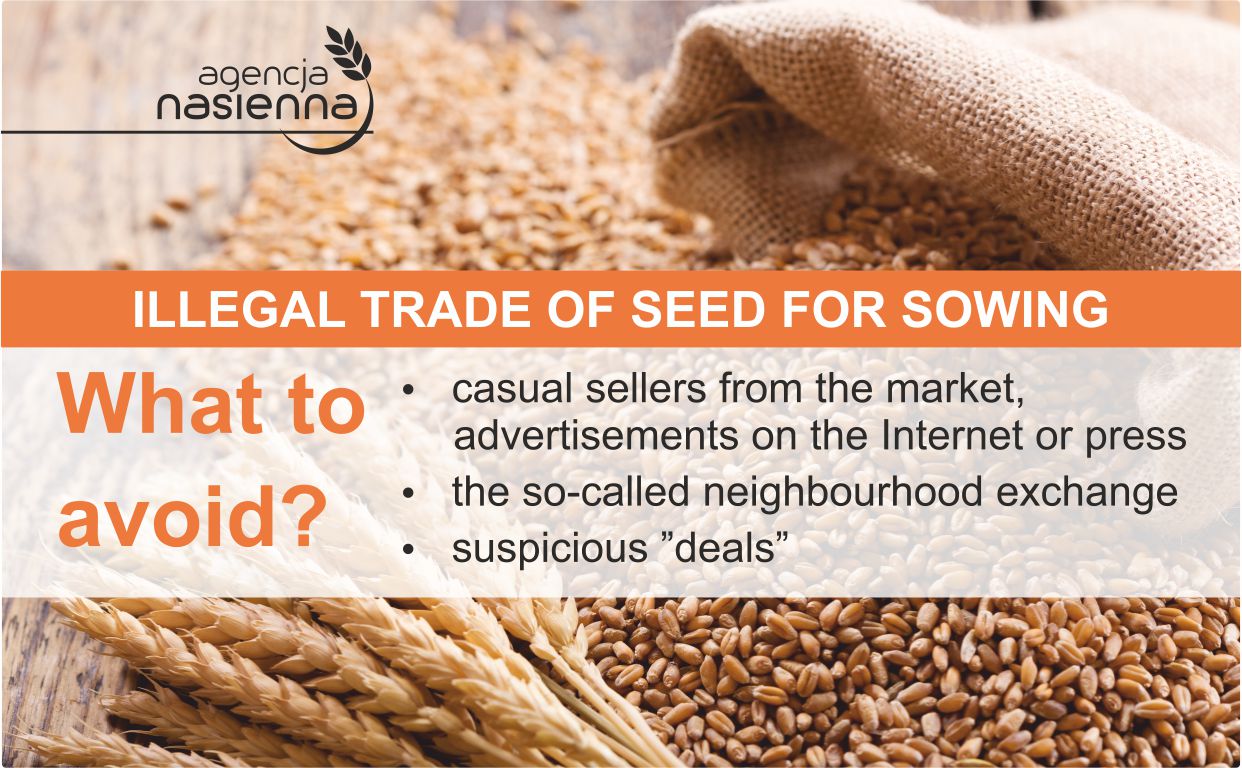News
How not to purchase seed material?
Illegal trade of non-certified seed harms not only agricultural plant breeders and licensed seed producers, but also farmers themselves. Which transactions are better to avoid?
1) Casual sellers from the market, advertisements on the Internet or in the press
- usually they are not authorized to sell sowing material (they are not registered in PIORiN as a seed trader, they do not have a license from the breeder)
- they offer and sell non-certified seed or seed potatoes for sowing, which is illegal
- the farmer is not sure if the data in the offer is true
- the farmer will not receive an invoice, so he cannot file a complaint or apply for de minimis subsidies
- the sowing of the purchased non-certified material of a variety protected with PBR infringes the exclusive right, which results in sanctions and a claim for compensation
2) The so-called neighbourhood exchange
- infringes the breeder’s exclusive right to the variety
- both farmers who exchange the harvested material for sowing, break the law
- such action can only be legal if the farmers have obtained the breeder’s consent in writing prior to the transaction
3) “Deals”
- the seller offers certified material at a suspiciously low price
- the bags are not originally sealed, there are no labels on them or the labels appear to be counterfeit
- the farmer receives no invoice or the invoice contains data incomplete or inconsistent with the label
Only purchased certified seed or material from your own harvest should be used for sowing, bearing in mind the FSS fee.




